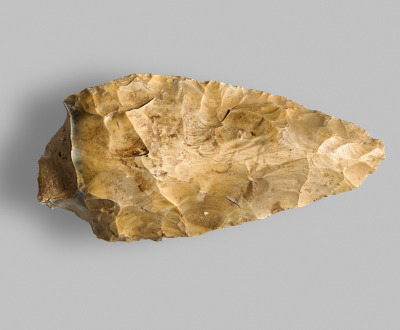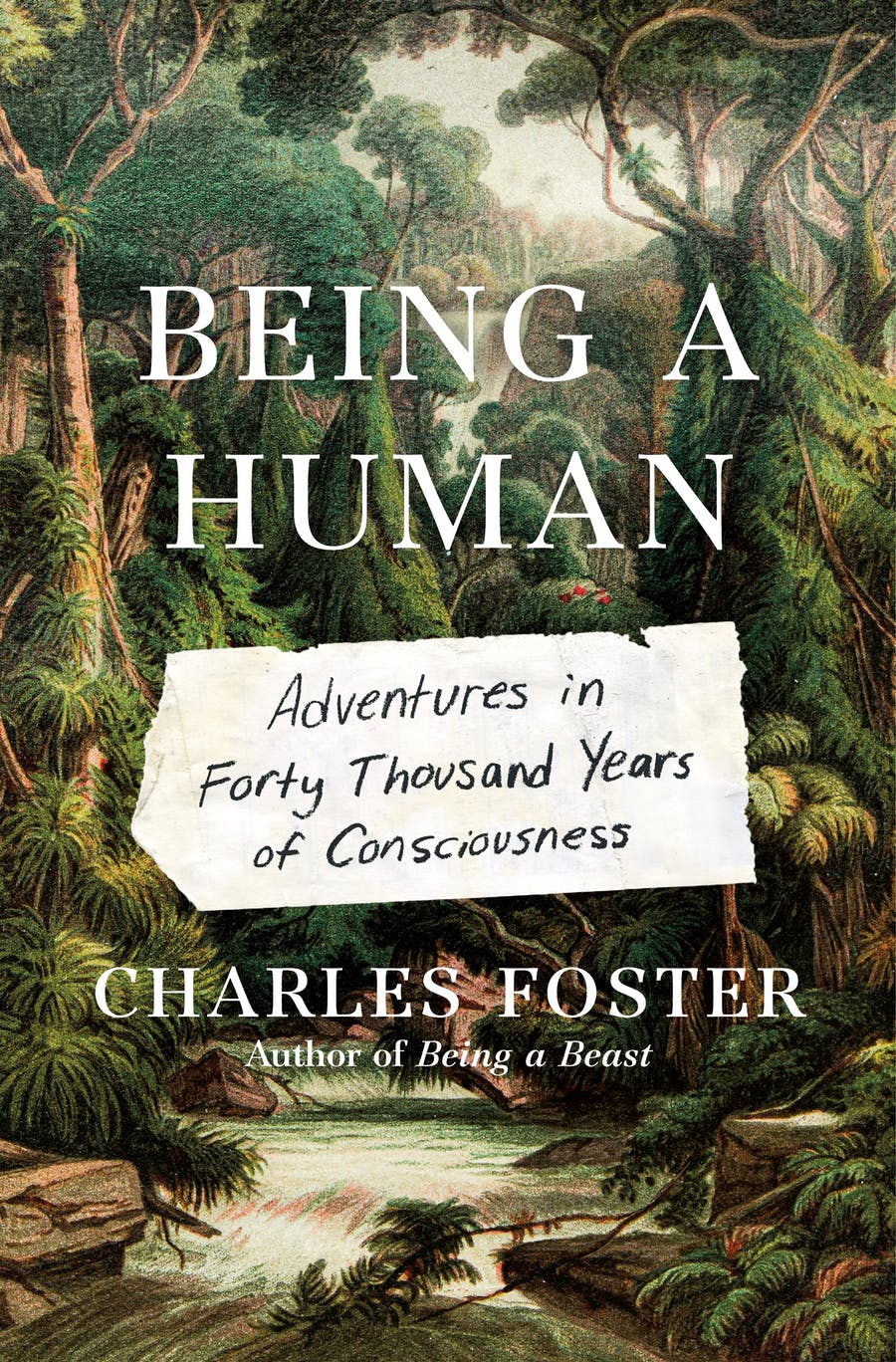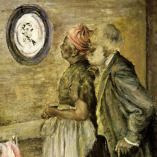
Biface, Acheulean, c. 400,000 BC. The Metropolitan Museum of Art, purchase, Friends of Arms and Armor Gifts, 2019.
For 150,000 years “humans didn’t behave much like us,” the veterinarian, philosopher, and legal scholar Charles Foster writes in Being a Human: Adventures in Forty Thousand Years of Consciousness. “They weren’t, to use the phrase beloved and hated by archaeologists, ‘behaviorally modern.’ Probably they didn’t adorn their bodies, bury their dead with grave goods, make bladed or bone tools, fish, move resources significant distances, cooperate with anyone to whom they weren’t closely related, and probably they weren’t organized enough to kill large animals. Then something big happened. The speed with which it happened, and the amount that happened in Africa, are contested. That it did happen is not.”
In this episode of The World in Time, Lewis H. Lapham and Foster discuss what exactly happened, and the history of humans having a more romantic relationship with science.
Lewis H. Lapham speaks with Charles Foster, author of Being a Human: Adventures in Forty Thousand Years of Consciousness.
Thanks to our generous donors. Lead support for this podcast has been provided by Elizabeth “Lisette” Prince. Additional support was provided by James J. “Jimmy” Coleman Jr.






